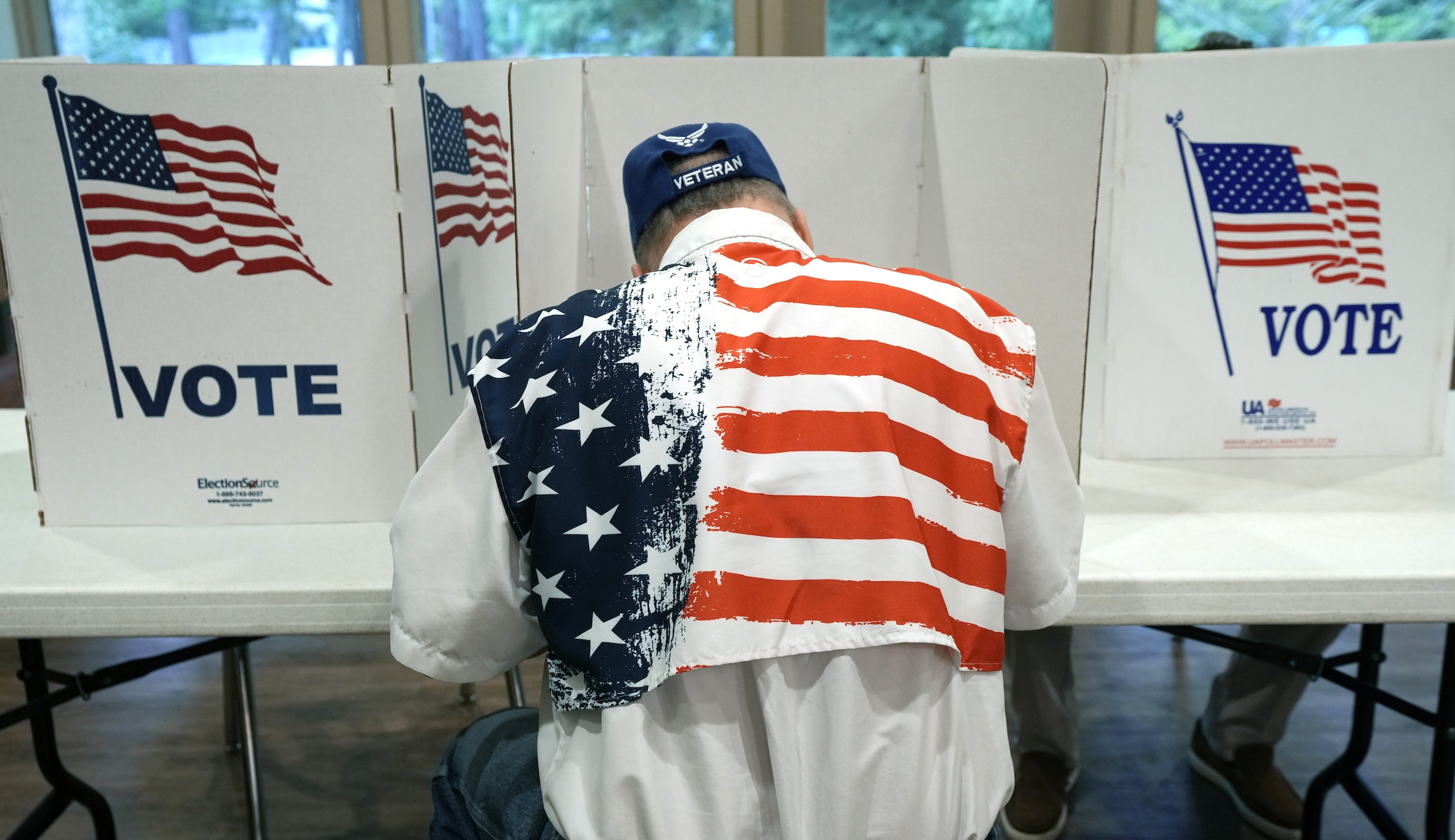

Despite the November presidential election being set to be a rematch of the 2020 election, not everything will be the same when voters go to the polls to pick either President Joe Biden or former President Donald Trump for another four-year term.
Election laws in several of the swing states that are slated to decide the presidential race have seen several changes in the past four years. Here is a look at changes in three of the states that could decide the November election.
CLICK HERE TO READ MORE FROM THE WASHINGTON EXAMINER
Arizona
In the Grand Canyon State, concerns by Republicans over the way the 2020 election was conducted and claims of a “stolen” election by Trump motivated several changes to election law.
In 2022, the state legislature passed a law to require voters to provide proof of citizenship as part of reforms for election integrity. A federal court upheld much of the law last week.
Another reform passed in 2022 changed the threshold for an automatic recount from 0.1% to 0.5%, meaning a tight race in the presidential election or Senate race in November has a greater chance of going to a recount. Earlier this year, lawmakers agreed to further changes to the election calendar to accommodate the potential for additional recounts under the new law.
The state’s Senate and House primary is scheduled for July 30. More information about the state’s election procedures can be found on its website.
Georgia
The Peach State enacted some of the most publicized changes to state election law less than a year after the contentious 2020 presidential election.
In 2021, the state legislature approved Senate Bill 202. The new law prevented advocates from giving food, drink, and gifts to voters in line, required showing state-issued ID when applying for absentee ballots, and outlined procedures for early and mail-in voting.
Biden called the law “Jim Crow in the 21st century” in a statement in March 2021, and his administration tried unsuccessfully to have a federal court enjoin several parts of the law.
Georgia Secretary of State Brad Raffensperger has consistently touted the election law and the state’s elections as a “national leader.” He called out the Biden administration’s attacks on the laws in January.
“Georgia is a national leader in elections,” Raffensperger said. “It’s time for the Biden administration to back down from their frivolous lawsuit and issue an apology to the voters of Georgia for continuing to push election disinformation.”
The Peach State’s House primaries are scheduled for May 21. Further information on voting in Georgia can be found on the state’s website.
Michigan
Another hotly contested state in 2020, which is expected to host a fierce presidential contest in November, changed some of its election laws in 2022 and 2023.
During the midterm elections in 2022, Michigan voters approved Proposal 2, which enshrined several voting laws into the state’s constitution.
The ballot measure created a nine-day early voting period and required voters to sign an affidavit or provide photo identification when voting or applying for an absentee ballot, among other changes.
A slate of bills reforming the voting process was signed into law by Gov. Gretchen Whitmer (D-MI) in November. She touted the bills as “expanding voting rights and strengthening our democracy.”
“Michiganders spoke clearly last year when they overwhelmingly passed Proposal 2, and now we are building on that effort,” Whitmer said in a statement at the time. “By banning deepfakes and AI in campaign advertisements, criminalizing violence towards election workers, and allowing souls to get to the polls, we are making sure every Michigander’s vote is cast and counted.”
CLICK HERE TO READ MORE FROM THE WASHINGTON EXAMINER
The batch of 2023 bills combats intimidation of election workers, allowing ex-convicts to vote after being released from prison and 16- and 17-year-olds to preregister to vote, among other initiatives.
Michigan’s Senate and House primary is scheduled for Aug. 6. More information about the state’s election procedures can be found on its website.







